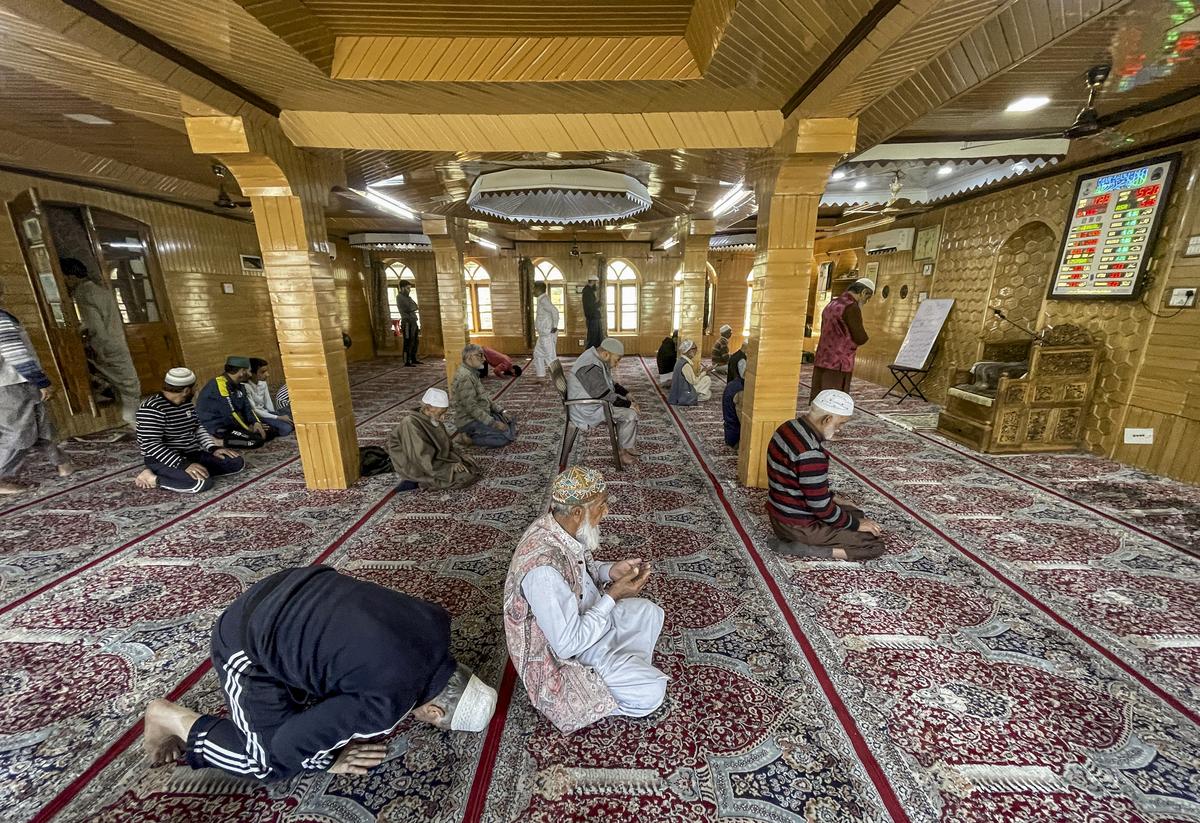Waqf (Amendment) Bill, 2025

- 05 Apr 2025
In News:
The Waqf (Amendment) Bill, 2025, tabled in the Lok Sabha on April 2, 2025, seeks to amend the Waqf Act, 1995, which governs the administration of waqf properties in India. The revised Bill incorporates the recommendations of a Joint Parliamentary Committee (JPC) and has sparked significant political and community debate due to its proposed structural and procedural reforms.
1. Retention and Restriction of ‘Waqf by User’ Doctrine
- Background: The doctrine allows property to be treated as waqf based on uninterrupted communal usage, even without formal documentation.
- Revised Provision: Retains ‘waqf by user’ for properties registered before the enactment of the law but prohibits its use for future claims.
- Criticism: The introduction of a clause requiring individuals to prove Islamic practice for five years to establish waqf status is seen as exclusionary and arbitrary.
2. Inclusion of Non-Muslims in Waqf Institutions
- Provisions:
- Mandates the inclusion of at least two non-Muslims in the Central Waqf Council and State Waqf Boards.
- Removes the requirement that the CEO of a Waqf Board be Muslim.
- Redefines Waqf Tribunals to include a district judge, a Joint Secretary-level officer, and a Muslim law expert.
- Criticism: Raises questions about community autonomy in religious affairs under Article 26 of the Constitution.
- Government's Justification: Aims to enhance expertise, transparency, and administrative efficiency.
3. Enhanced Government Oversight in Waqf Property Surveys
- New Mechanism:
- Surveys to be conducted by senior officials above the rank of District Collector.
- Such officers will serve as the final authority in determining whether land is waqf or government-owned.
- Tribunal jurisdiction curtailed in such disputes.
- Implications:
- Centralizes decision-making within the state bureaucracy.
- Raises concerns about executive overreach and weakening of judicial oversight in waqf matters.
4. Centralised Registration and Digital Governance
- Digital Portal:
- Mandatory online registration of all waqf properties within six months.
- Extensions can be granted by waqf tribunals upon demonstration of "sufficient cause."
- Objective: To curb encroachment, enhance transparency, and create a uniform digital record of waqf assets.
5. Application of the Limitation Act, 1963
- Change Introduced: Repeals Section 107 of the Waqf Act, 1995, which exempted waqf properties from the statutory limitation period.
- Implication: Allows claims of adverse possession after 12 years; may legitimize longstanding illegal occupations of waqf land.
- Opposition View: Seen as a move that undermines waqf rights and aids encroachers.
6. Judicial Review and Appeals
- Revised Provision:
- Waqf tribunal decisions are no longer final.
- Appeals can be made to the High Court within 90 days.
- Courts can dismiss suits if properties are not registered within the stipulated time unless “sufficient cause” is shown.
- Impact: Enhances judicial scrutiny but also limits access to justice in certain cases through procedural conditions.
Critical Analysis
- Pros:
- Encourages transparency and formalisation of waqf governance.
- Introduces checks against misuse and encroachments.
- Provides a digital framework for property management.
- Cons:
- Risks state interference in religious institutions, impacting minority rights under Articles 25–28.
- Exclusion of oral traditions may erase significant community practices and histories.
- Implementation challenges due to administrative overburden and community mistrust.
Conclusion
The Waqf (Amendment) Bill, 2025, represents a significant shift in the governance of waqf properties by increasing state oversight, standardising processes, and promoting digital reforms. However, it raises serious questions about religious autonomy, federal balance, and minority rights. A careful balance between administrative efficiency and constitutional guarantees is essential to ensure inclusive and equitable governance.
